Deerfield, IL — The 2021–22 recipients of the John Stott Award for Pastoral Engagement are Mike Strand, Jamie Thompson, Ben Wayman, Bob Munshaw, Nic Gibson, Chris Ganski, and Daniel Houck. This year, the Creation Project is focusing on the Christian doctrine of humanity, and these churches will be engaging the topic in ways that attend to the intersection of theology and science in the church.
In his book “Balanced Christianity,” John Stott gave the following assessment of the evangelical theology of his day: “We have tended to have a good doctrine of redemption and a bad doctrine of creation. Of course we have paid lip service to the truth that God is the Creator of all things, but we seem to have been blind to its implications.”John Stott, Balanced Christianity (Downers Grove, IL: IVP, 2013), 49–50. Stott had in view the assumption, often implicit, made by evangelicals that God’s primary concern is religious in nature—worship services, prayer meetings, and the like—rather than being concerned with the whole of life.
While progress within evangelical theology has been made since Stott first penned those words, much work remains, and the stakes have only gotten higher. Many of the most culturally divisive issues facing the church today have roots in the Christian doctrine of the creation of humanity. Questions of identity, whether social or individual; the grounds of our common humanity, whether theological or scientific; the existence or nonexistence of a discernible human nature. Not only do the answers of Christian teaching to these questions speak to the divisions which mark our current moment, they also hold implications for the most intimate of all questions that confront us: who and what are we?
These questions present an urgent challenge to the church. And now, just as in Stott’s day, it is pastors who are charged with the task of guiding the church—through study; through discussion and teaching; and through proclamation of what Scripture teaches about who and what we are as creatures made in the image of God.
The Stott Award for Pastoral Engagement is the program of the Creation Project that is designed to support pastors and their congregations as they seek to live faithfully as Christians in an age of science. This year’s recipients and their congregations will be seeking to better understand the Christian doctrine of humanity with the courage and humility that Stott himself modeled and encouraged. We are pleased to announce the recipients of this year’s Stott award.
2021–22 Recipients
The Award is given to six pastors and congregations each year, and the Award recipients are determined on a competitive basis. This year’s recipients include a range of denominations and they come from across the United States.
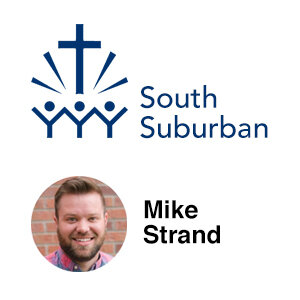 |
Mike Strand the Lead Pastor of South Suburban in Apple Valley, Minnesota. He has served churches in Wyoming and Colorado in various positions before coming back home to Minnesota and South Suburban. |
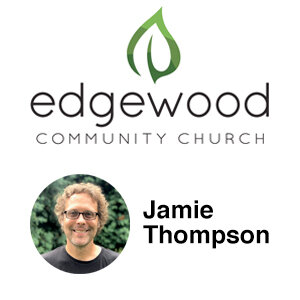 |
Jamie Thompson serves as executive pastor at Edgewood Community Church in Waupun, WI. Jamie holds an MDiv from TEDS and a DMin from Denver Seminary where his studies focused on how God uses nature to grow our faith. |
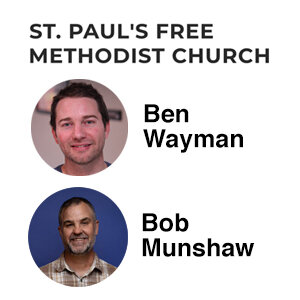 |
Ben Wayman is senior pastor at St. Paul’s Free Methodist Church and the James F. and Leona N. Andrews Chair in Christian Unity & Associate Professor of Theology at Greenville University. Bob Munshaw is the Pastor of Christian Education at St. Paul’s Free Methodist Church and Instructor of Theology at Greenville University.
|
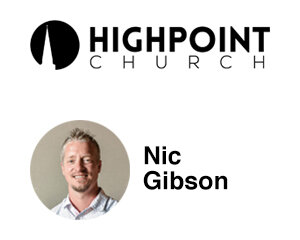 |
Nic Gibson has been leading Christian ministries in the secular landscape for over 20 years and has pastored in three growing churches in Illinois, Florida, and Wisconsin. He has been the Lead Pastor of High Point Church in Madison, WI, for 11 years. |
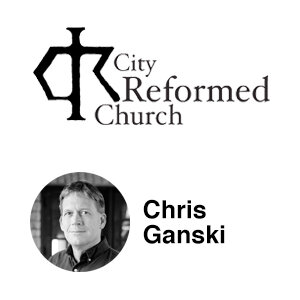 |
Chris Ganski is founding pastor of City Reformed Church in Milwaukee, Wisconsin. He holds an M. Div. from Princeton Theological Seminary and a Ph.D. in systematic theology from Marquette University. |
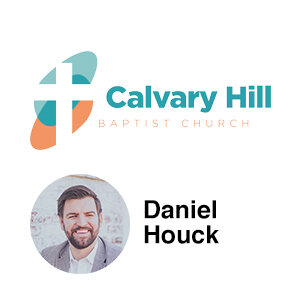 |
Daniel Houck has served as senior pastor of Calvary Hill since 2018. He holds an M. Div. from Princeton Theological Seminary and a Ph.D. in theology from Southern Methodist University. |
#####
The Creation Project spans three years—each covering a distinct theme and set of issues—and five programs, directed toward academic and ecclesial engagement with the doctrine of creation in all of its historical, theological, and scientific complexity. The project’s academic engagement is committed to making progress in understanding about where the conflict between the current state of scientific inquiry and classic theological positions is real and where it is illusory. The ecclesially oriented programs aim to revive the importance and breadth of the doctrine of creation beyond the narrow set of questions to which it has too often been reduced, to promote biblical fidelity and thoughtful interpretation, and to demonstrate a form of Christian intellectual hospitality that approaches the difficult questions of our age with a posture of humility and in pursuit of greater understanding.
The Stott Award is one of the Creation Project’s three major programs, and the one most directly related to pastors and congregations. Through the provision of financial resources and year-long institutional support, the Stott Award supports pastoral and congregational engagement with the doctrine of creation in conversation with modern scientific understanding. If you wish to learn more about the award, visit the Stott Award webpage, or contact us at [email protected].
The Carl F. H. Henry Center for Theological Understanding is dedicated to the advancement of Christian wisdom in all areas of life and thought for the glory of God, the good of his church, and the welfare of the world. As an outreach ministry of Trinity Evangelical Divinity School in Deerfield, Illinois, the Center embodies the vision of Carl F. H. Henry (1913-2003), a long-time faculty member at Trinity, which promotes the need for evangelical collaboration and commitment to God’s Word, where scholars with expertise in the relevant areas can work together to engage the pressing challenges of the day.
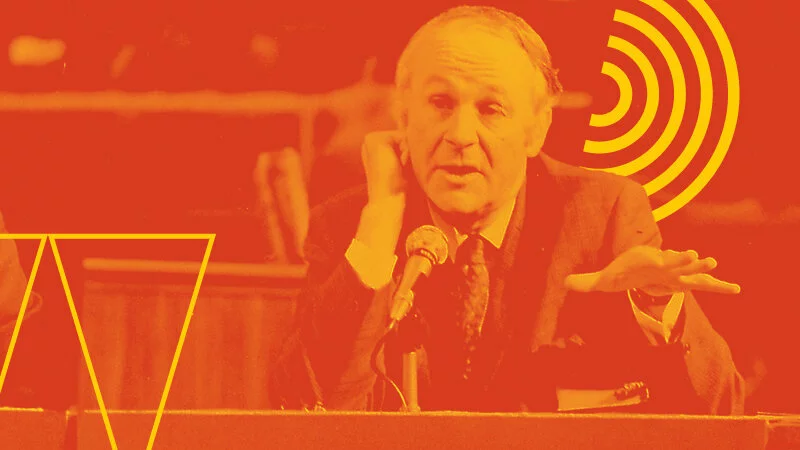
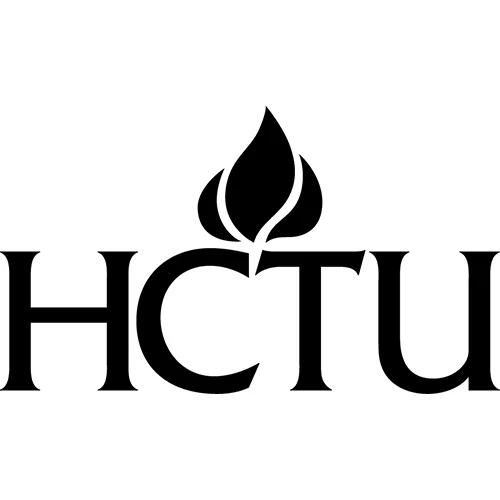

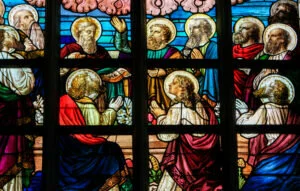



Comments
Be the first one to make a comment!